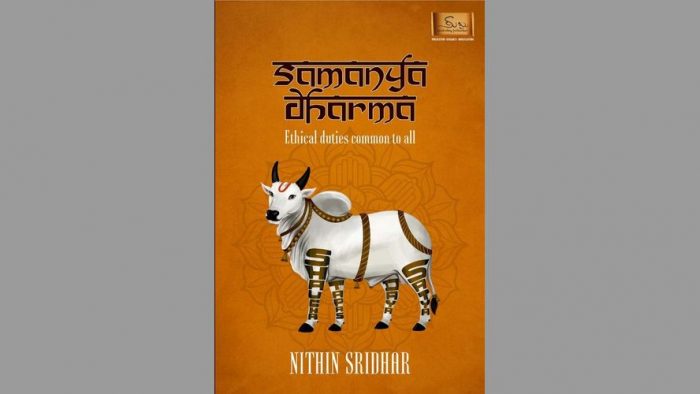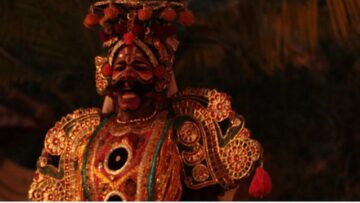Hindu dharma speaks about four-fold goals of human life termed as “chaturvidha purushArtha”. “Purusha” means human and “artha” means object or goal. This framework of life wherein each human being has an obligation to pursue the four-fold goals in his or her life is a unique and very important contribution of Hindu philosophy. Human life is considered very precious because when compared to plants, animals and other organisms, it is humans alone who have a fully developed faculty of intellect. All organisms except humans are invariably driven by natural instincts. Though these naturally developed instincts help organisms in their survival, they also bound and limit them. It is humans alone who are not limited by natural instincts and hence can exert their discrimination and free-will. It is to regulate and provide guidance for the exertion of this free-will in a righteous and meritorious way that, the scriptures have advised the framework of four-fold goals that a human should strive to attain.
The four-fold goals of human life are- dharma, artha, kAma and moksha. kAma refers to all kinds of worldly desires. Every person has one or the other desires or fantasies that he or she wants to attain. The desire may look beautiful, or earn money or having a relationship with a person. Every kind of desire can be categorized under kAma. Similarly, all wealth, all objects that are acquired in order to fulfil the desires and enjoy a comfortable life is termed as “artha”. In short, kAma and artha refer to the enjoyment of worldly pleasures and worldly objects respectively. But, it is not desirable to lust after all kinds of desires and objects. If a person does so, it would surely lead to his fall. A person who kills someone for the sake of his money will surely end up in prison. Similarly, a person who is unable to control his sexual urges may end up raping or harassing a member of the opposite sex and hence he will also end up in prison. It is dharma or the sense of righteousness and duty that should decide whether an action is desirable or not, whether a desire or property must be acquired or not. Without the principle of dharma, the world will end up in chaos. Hence, the principle of dharma must act as a guiding force in the pursuing of kAma and artha.
Now, coming to moksha, it refers to ultimate liberation from the bondage of the world and a permanent establishment in knowledge and bliss. All spiritual paths are aimed at achieving this one goal alone. But, this Moksha cannot be achieved by a person who is completely attached to worldly pleasures. Srinivasa Rao in his paper states- “Achieving moksha becomes possible only when a life pursuing desires (kAma) and wealth (artha) has been led consistently within the framework of dharma. Dharma thus plays a very crucial role in not only ensuring a good life here and now, but also in enabling one to attain the state of supreme good or liberation, from which there is no lapsing back to karma and rebirth”. That is, only such a person who adheres to dharma in all his actions will eventually develop the purification of mind and dispassion towards worldly pleasures that he will be able to turn his mind towards Supreme Emancipation. Hence, a practice of dharma becomes inevitable in attaining moksha.
Disclaimer: The opinions expressed in this article belong to the author. Indic Today is neither responsible nor liable for the accuracy, completeness, suitability, or validity of any information in the article.











